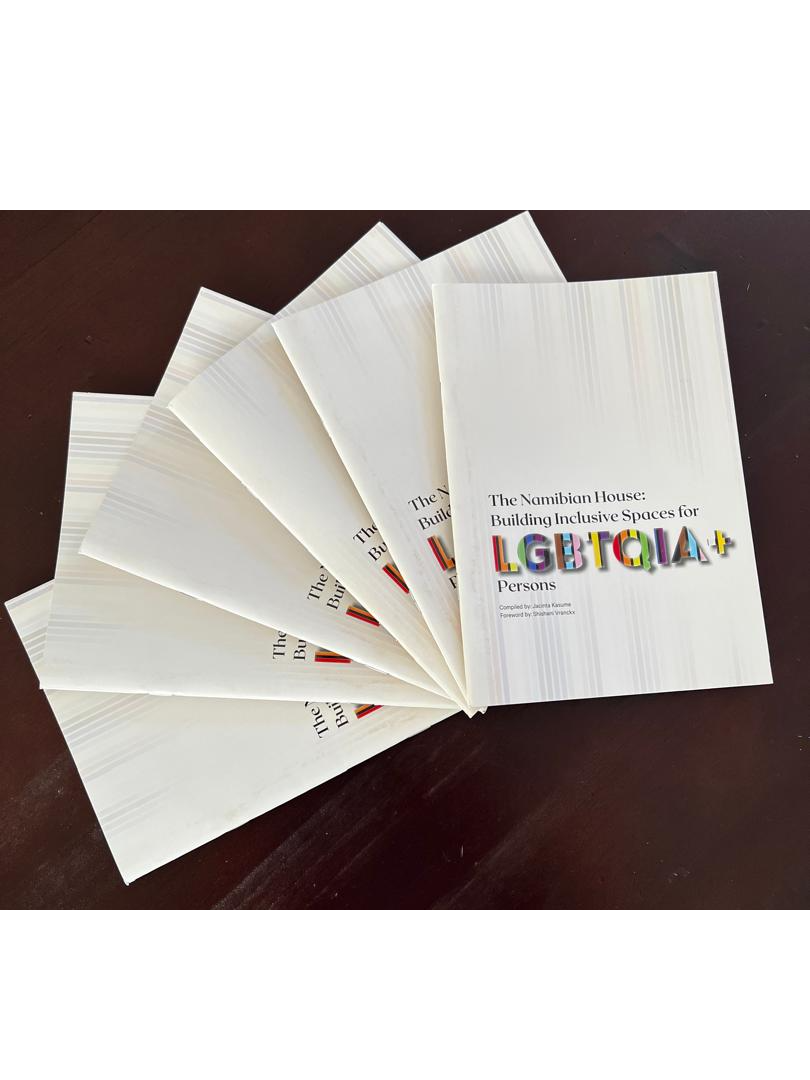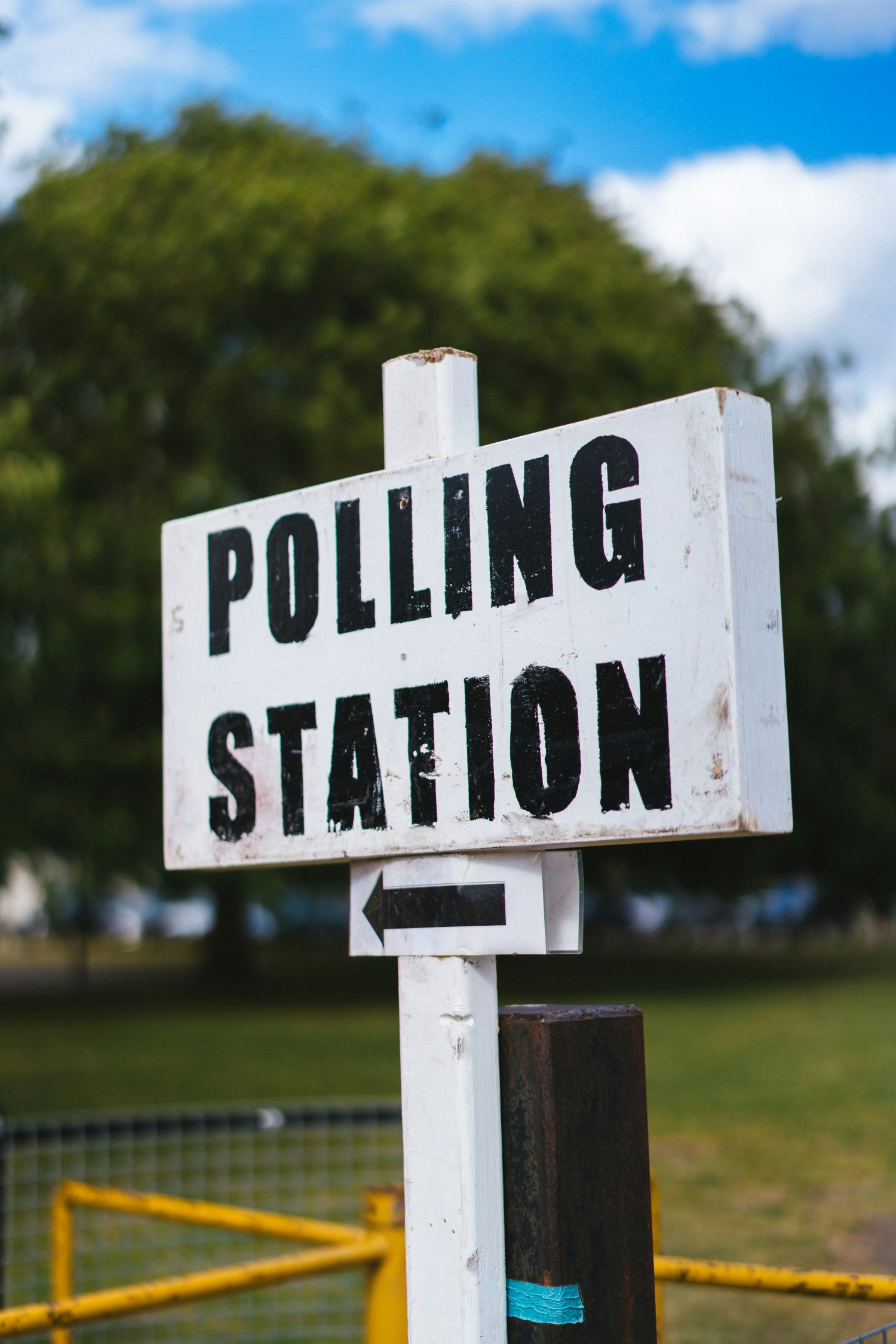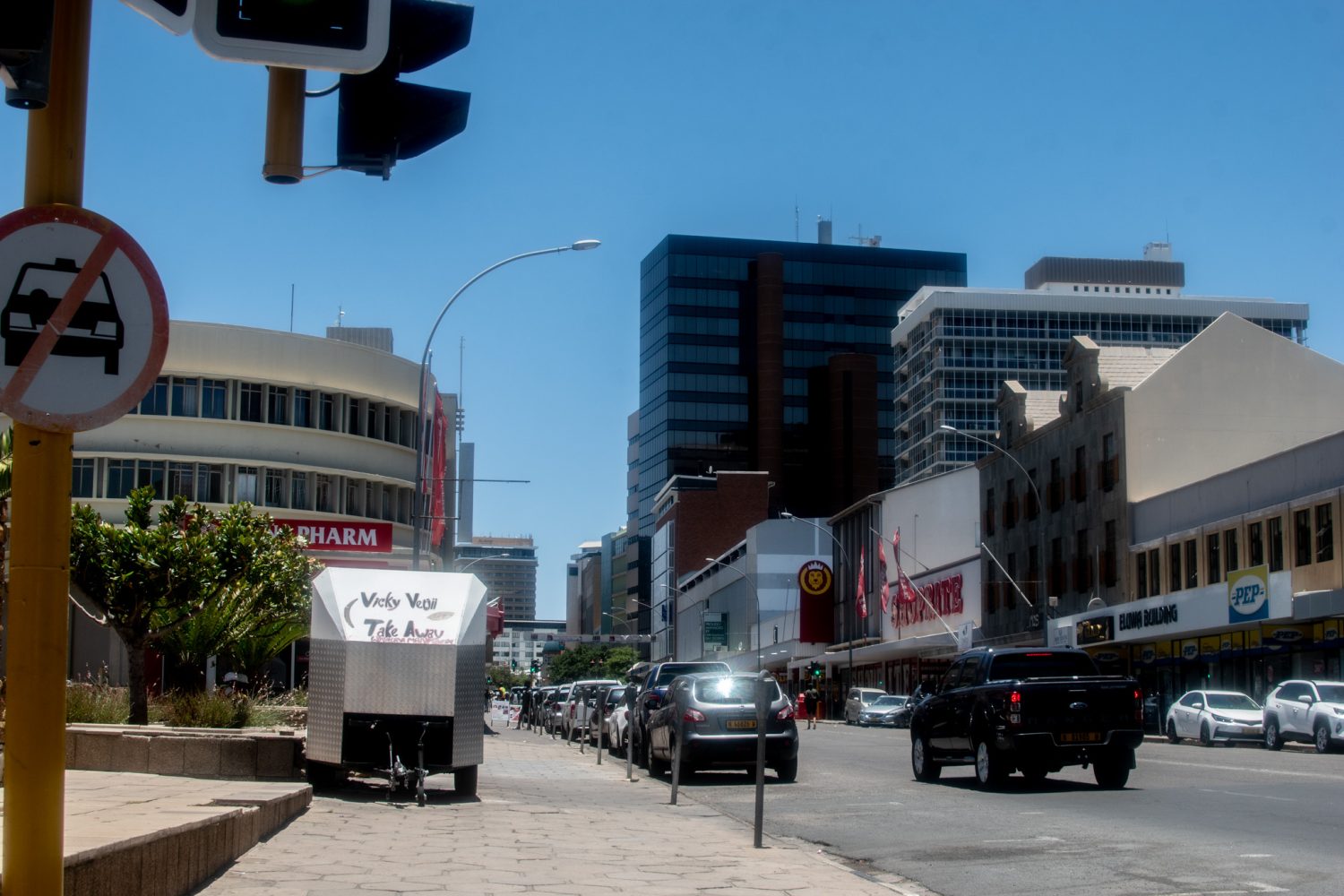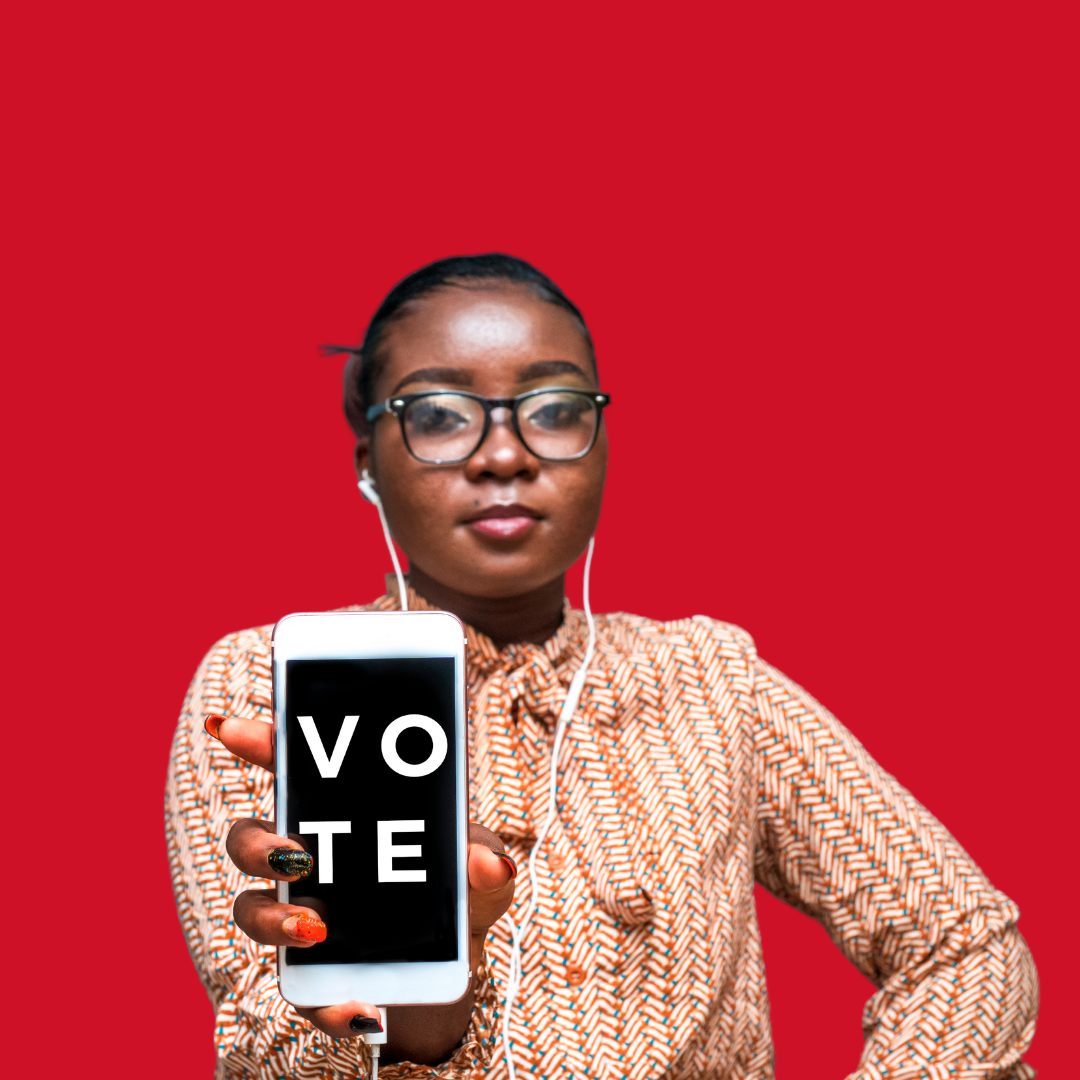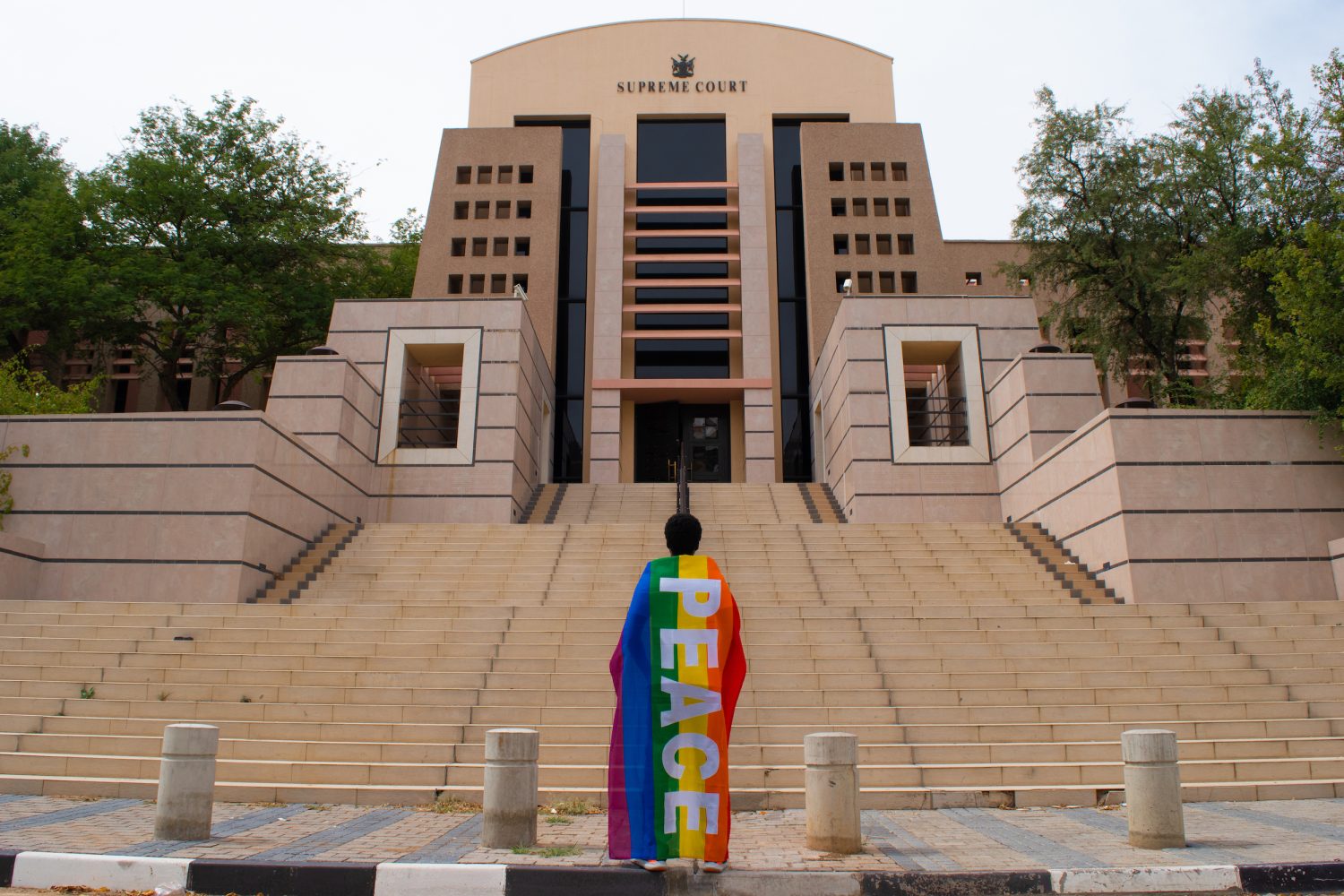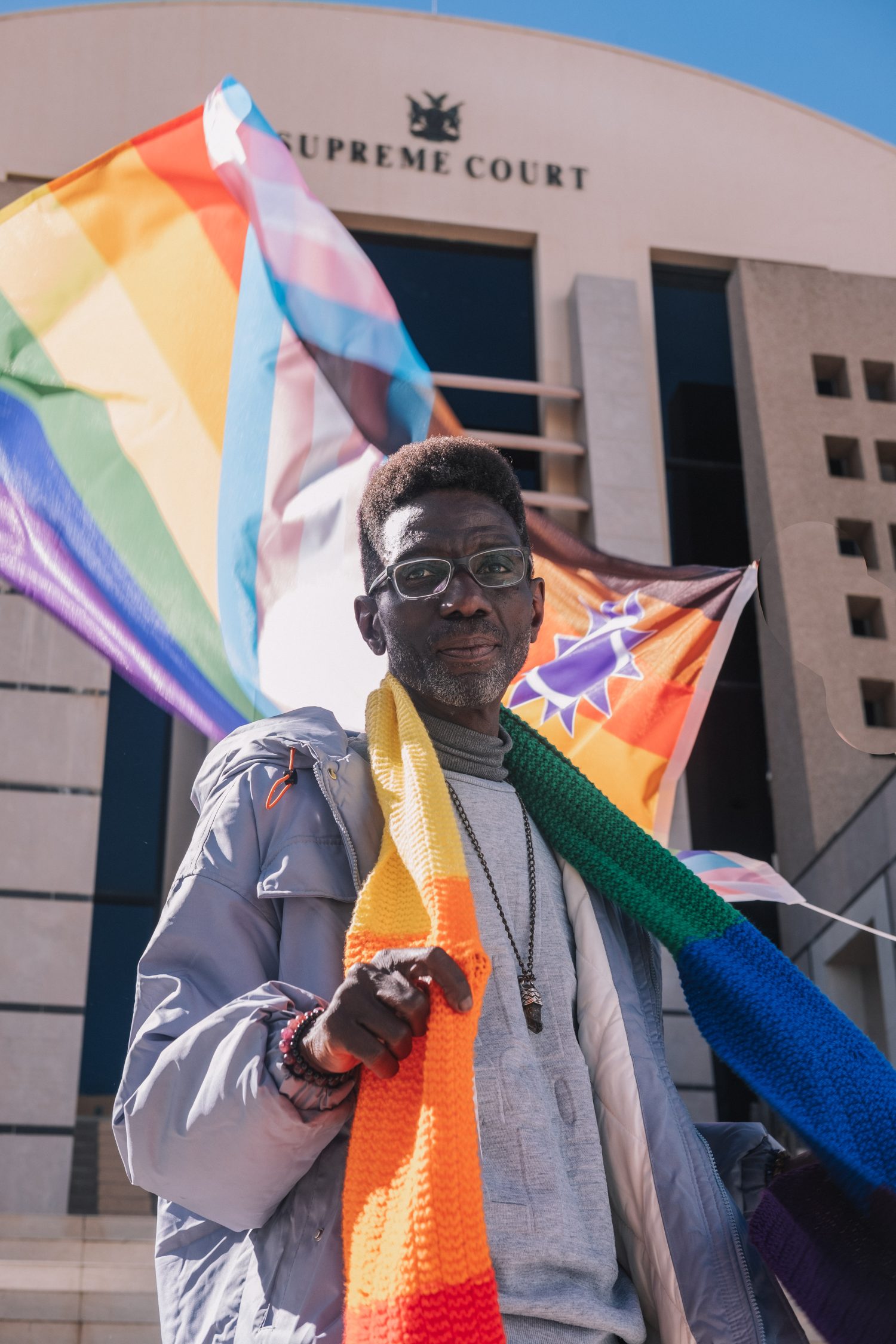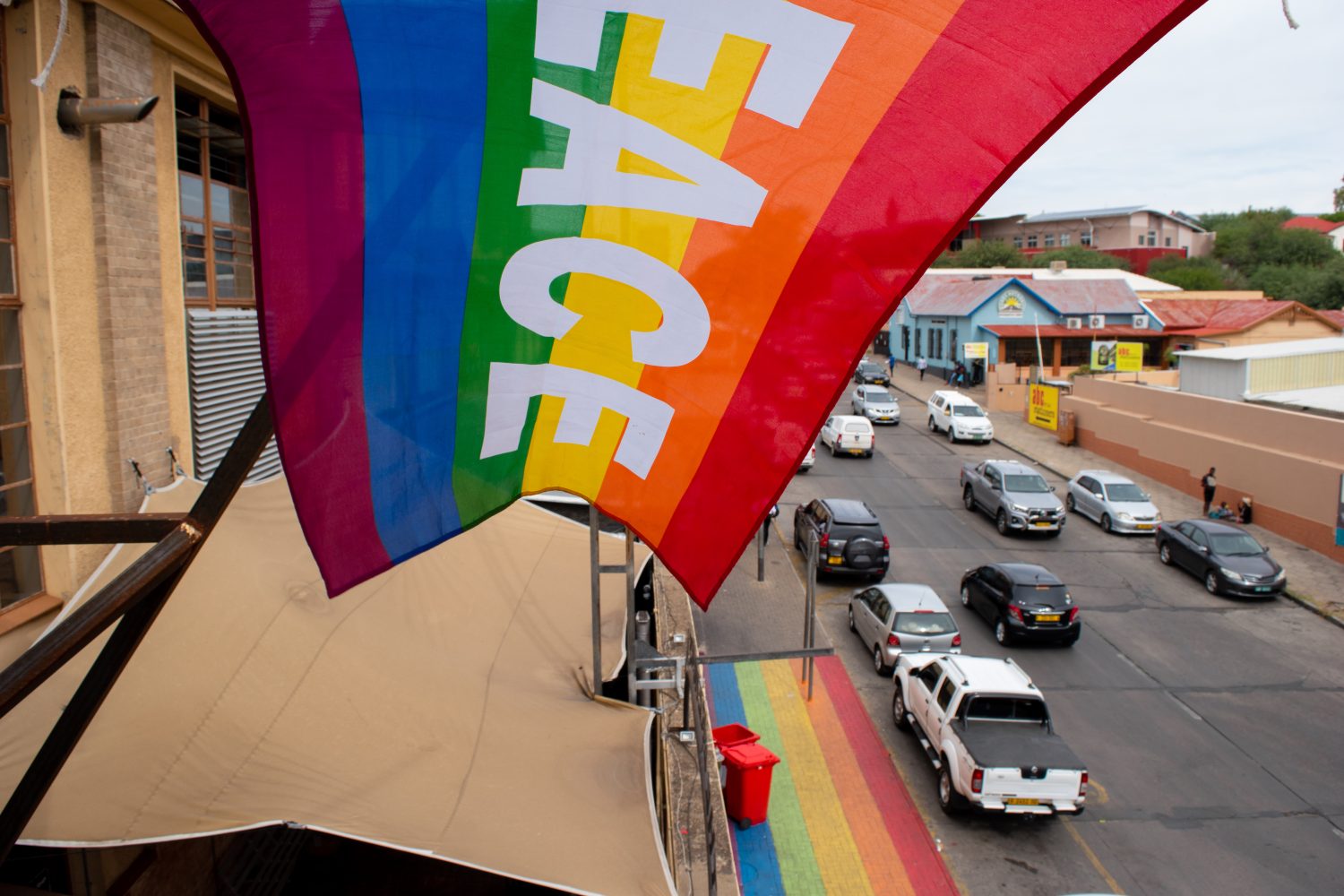Have you ever wondered about the history of LGBTQI+ rights in Namibia, or been confused about exactly which laws affect the LGBTQI+ community? Have you ever picked up a newspaper or gone online and wished that Namibian media found more effective ways to cover the community’s struggle for basic human rights? Look no further: @nidteam recently published The Namibian House: Building Inclusive Spaces for LGBTQIA+ Persons – a comprehensive document… Keep Reading
